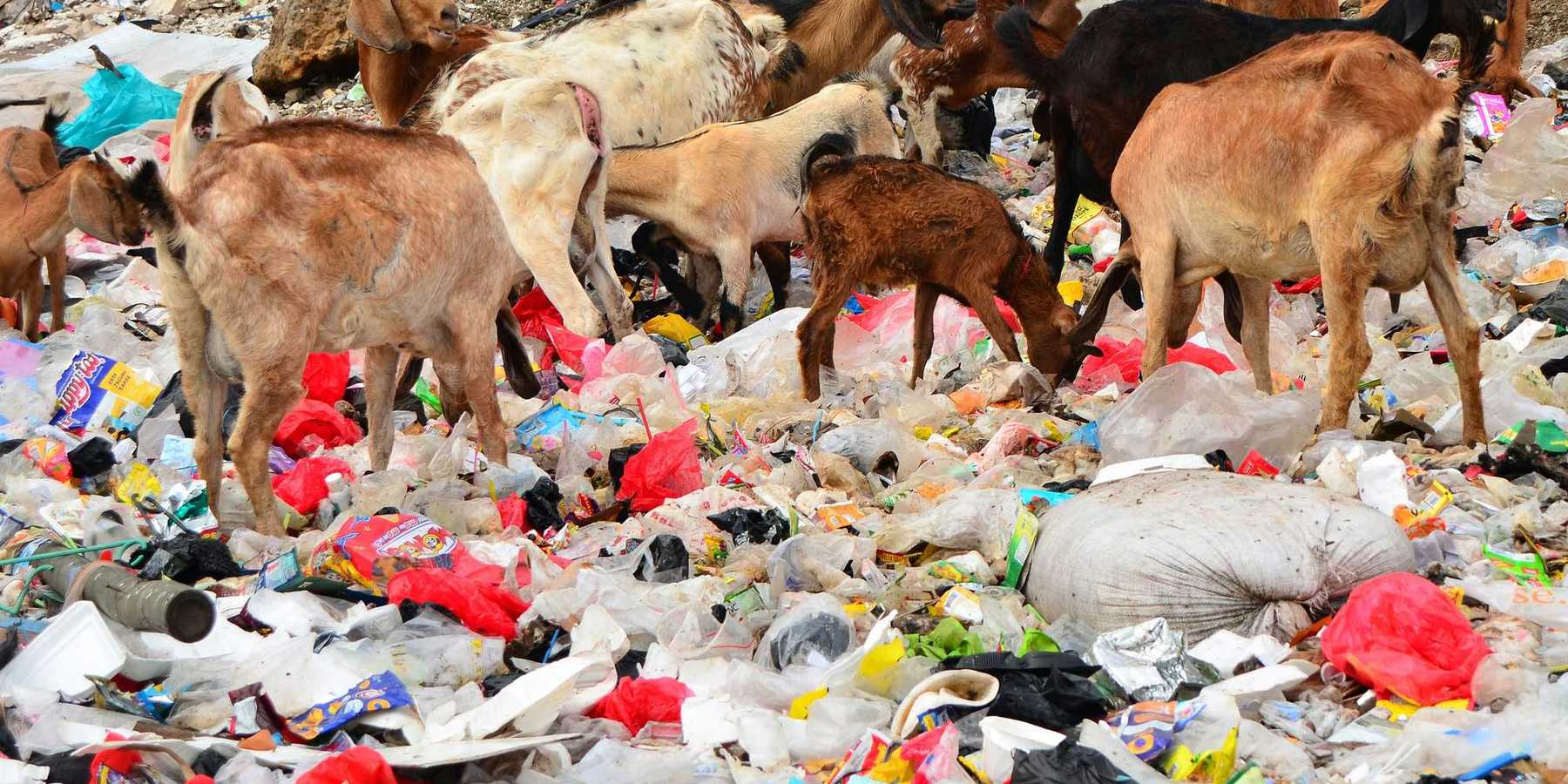Federal heat policy ignores deadly risks despite increasing climate dangers
Extreme heat is killing more Americans than any other weather-related event, but federal policies remain focused on protecting people from cold.
Thomas Frank reports for Politico.
In short:
- The federal government invests billions in heating but provides little support for cooling, leaving millions vulnerable to extreme heat.
- Federal programs fail to recognize extreme heat as a disaster, while thousands of people die indoors due to lack of air conditioning.
- Low-income and marginalized communities are disproportionately affected, unable to access tax credits or support for energy-efficient cooling systems.
Key quote:
“Access to air conditioning is a life-saving intervention during extreme heat. Lack of air conditioning (AC) was a key driver in mortality.”
— Multnomah County, Oregon investigation
Why this matters:
Disregard for the realities of a heating planet is deeply embedded in policy. Regulations don’t account for how much our climate has changed. Every summer, heat waves kill more people than hurricanes or floods, yet federal programs designed to protect the vulnerable still see cooling as optional. Read more: Ripe for disaster declarations — heat, wildfire smoke and death data.













